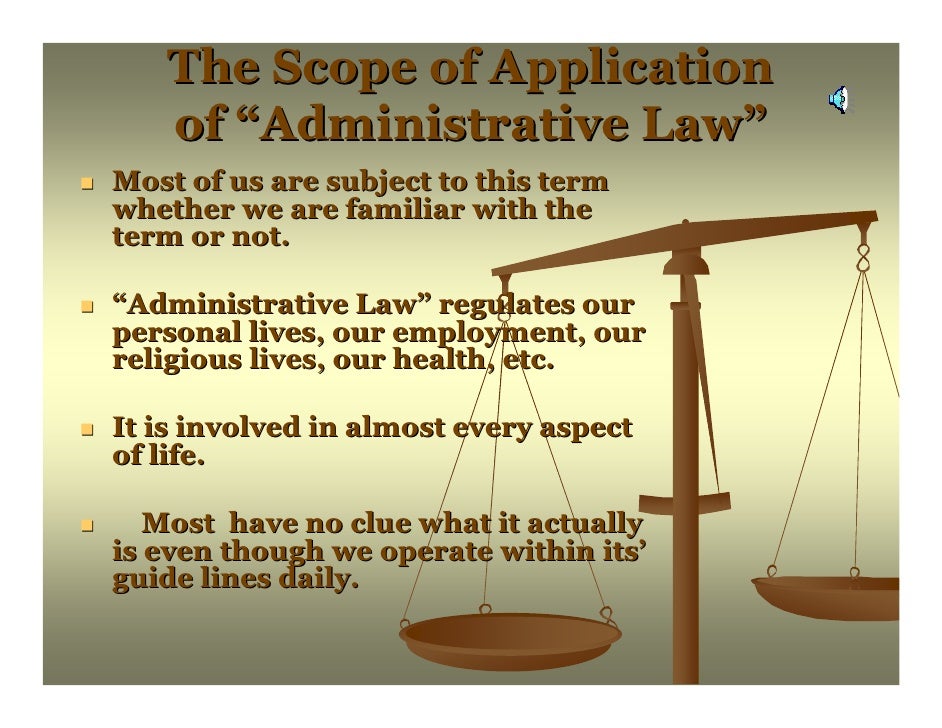Law On Administrative Disputes Of
Posted By admin On 30.09.19
Administrative law is a branch of public law that is concerned with the procedures, rules, and regulations of a number of governmental agencies. Administrative law specifically deals with the such administrative agencies’ decision-making capabilities, as they carry out laws passed by state and federal legislatures. An example of administrative law is the regulation and operation of the Social Security Administration, and the administration of benefits to the people. To explore this concept, consider the following administrative law definition. Definition of Administrative LawNoun. The body of law dealing with the establishment, duties, rules, and powers of government administrative agencies.OriginCirca 1920 With the development of American regulatory commissions What is Administrative LawAdministrative law in the United States is a branch of the law that is somewhat nebulous, as it deals with the agencies created to administer a large array of governmental programs. The administrative law system governs agencies, commissions, and boards.
Administrative Dispute Resolution Act 1996
- Administrative law consists of: rules and regulations that govern activities (similar to statutes); orders and decisions from administrative courts that are created to resolve disputes that arise under rules and regulations (similar to case opinions); and Presidential Proclamations and Executive Orders. Many areas of law (e.g., tax, securities, environmental) are heavily regulated; consequently, an attorney who practices in these areas must understand how to research administrative law.
- Can be characterized as a form of alternative dispute resolution (ADR) that, like more traditional ADR techniques such as mediation, facilitation, etc., can be used effectively to resolve, reduce, or even eliminate workplace disputes that might come from a circumstance where disciplinary action is appropriate. As the term suggests, AD is an.
The public’s interaction with administrative law most often occurs in connection with some type of public benefit, which has been denied or terminated.

Administrative law consists of: rules and regulations that govern activities (similar to statutes); orders and decisions from administrative courts that are created to resolve disputes that arise under rules and regulations (similar to case opinions); and Presidential Proclamations and Executive Orders. Many areas of law (e.g., tax, securities, environmental) are heavily regulated; consequently, an attorney who practices in these areas must understand how to research administrative law.